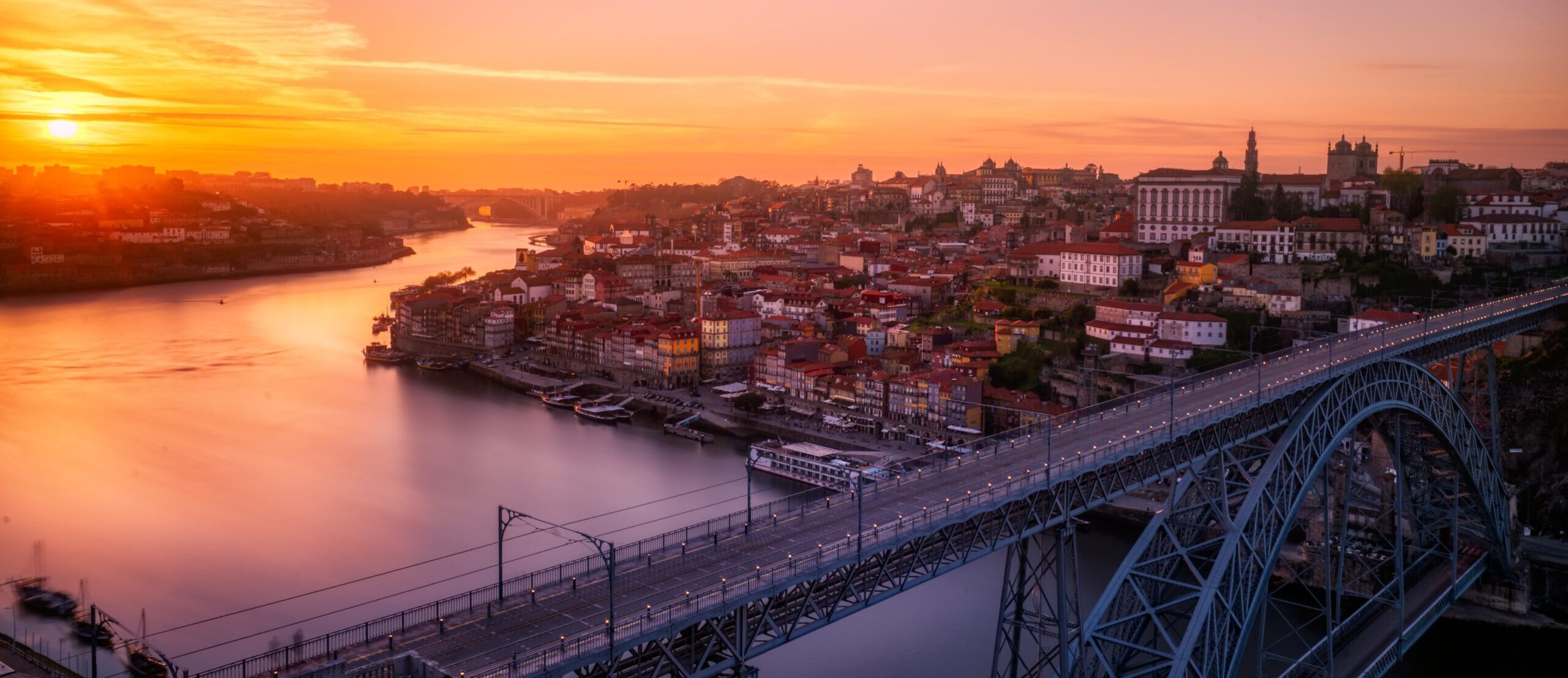We are a generation of people used to continuous stimulation. When we leave the house without a phone it feels almost like being naked. Digital devices are like extensions of our bodies, upgrades to our senses. Yet we continue to separate digital and physical experiences as if they were separate worlds. We need to rethink this positioning in various sectors and tourism, due to its importance, will be one of the first.
Portugal has made excellent efforts in developing tourism. As someone who lives abroad for part of the year, I often hear with pride how we are one of the coolest destinations today. However, tourism is lagging in many areas. Cities that are not very interactive are struggling to attract a new generation with the old monuments. At the same time the constant search for individuality of many tourists makes the traditional guides and maps offered in the city obsolete. New business models such as Uber and Airbnb are changing the rules of the game. While new players often play in legal loopholes and with unclear weapons, as in the case of Uber, which uses alternative names to taxi service to avoid having to obtain permits, these models are proving increasingly efficient. Rather than fighting them legally, traditional players must use their weapons and update. Many other industries, such as music where I worked in the United States, have undergone these changes through digital.
It is the right time for change and there are three key steps:
- Monitoring the entire tourist journey – supporting the tourist from the moment they start dreaming about the trip, to booking it while they are in town, and then returning home to sell their return to our country or to recommend it to friends, collecting and analyzing data.
- The enrichment of the experience – point your cell phone camera at a square in Obidos and see scenes of what life was like back then; or stroll through Alfama guided by GPS to the soundtrack of ‘Lisbon Story’ that attracts so many tourists to Lisbon.
- Data collection and analysis – by monitoring the entire tourist journey we can collect very valuable data, according to the profile we can see where people go, what information and experiences they like the most and understand in detail the behaviors. These data-driven models where all interactions with the tourist are measured and analyzed will help to significantly improve the quality of services. We will be able to predict behaviors and personalize our country for each tourist with richer and more complete experiences. A Portugal for each one that has as result happier and more satisfied tourists and with that more revenues.
An interesting case is the ski resorts like Whistler in Canada where they have developed an app that measures everything from speed on the ski slopes, to making routes according to the skier’s ability and gastronomic preferences. You ski blue and red slopes during the day and at midday you stop at the sushi restaurant in the middle of the slopes.
Contrary to some criticisms, we will not lose our past, on the contrary we will restore it and bring it to a much larger number of people. Portugal, a jewel of the past, present, and future.

